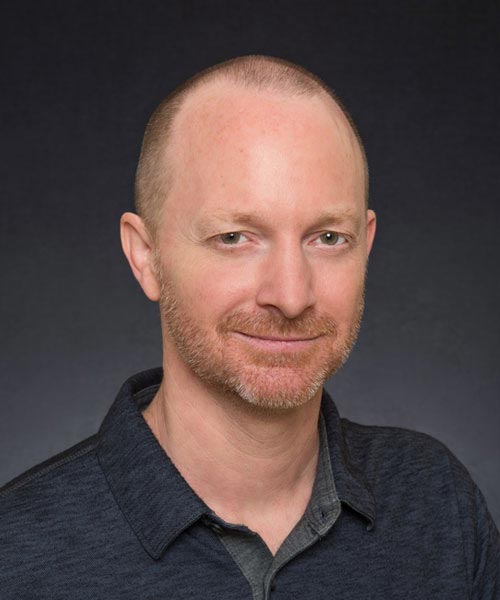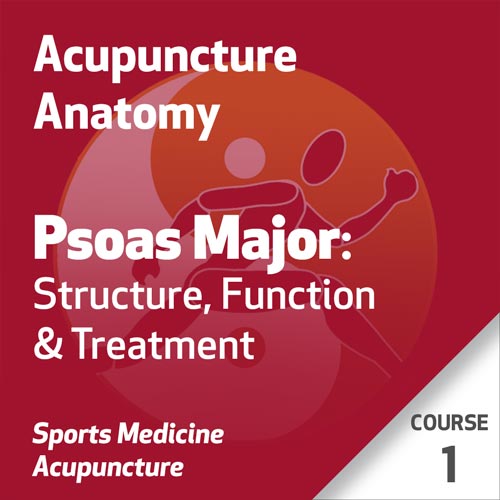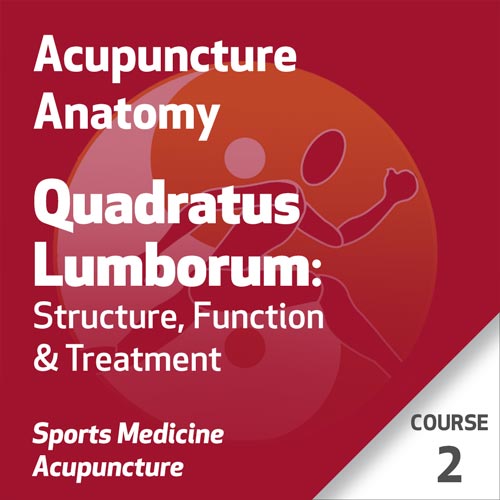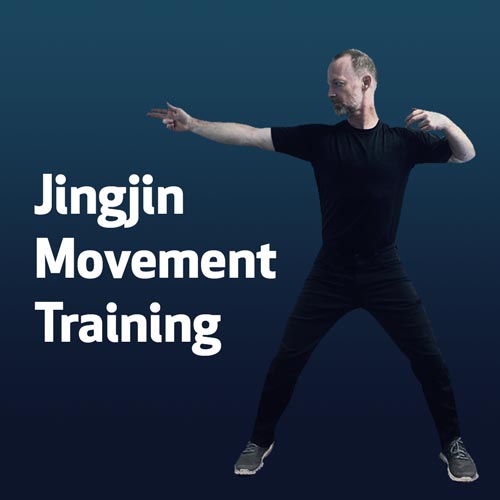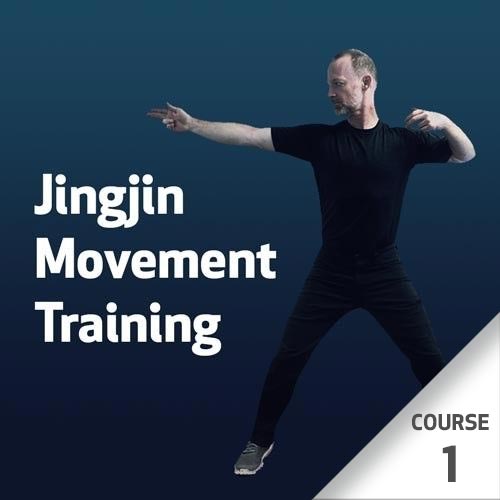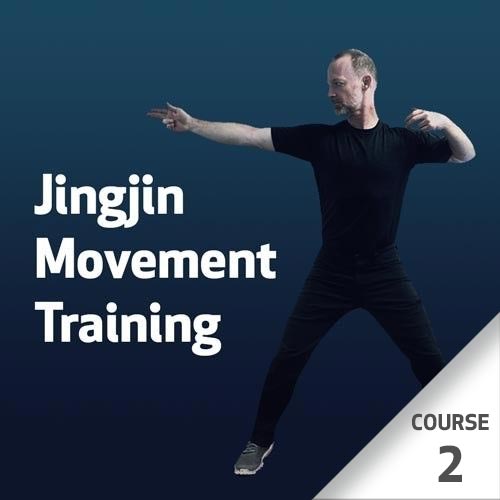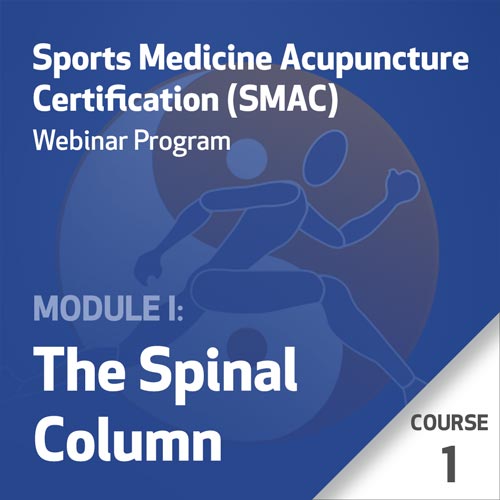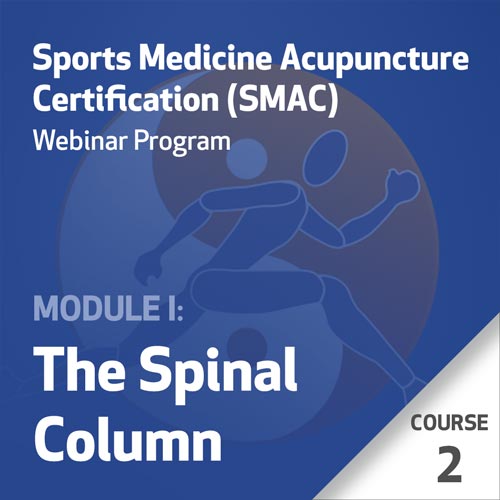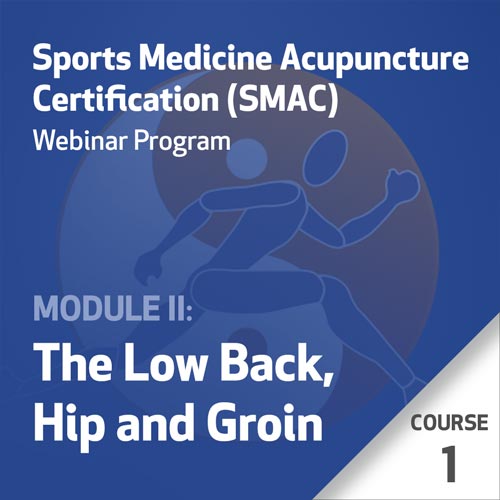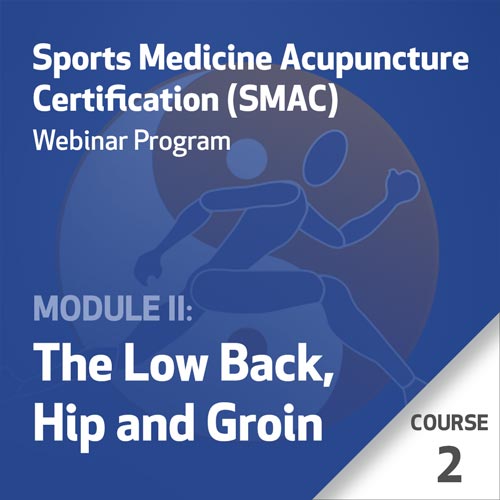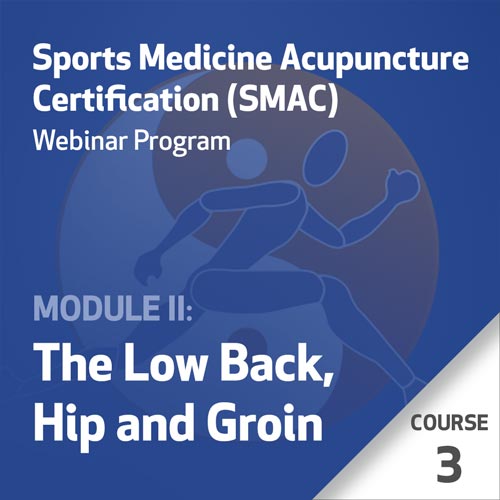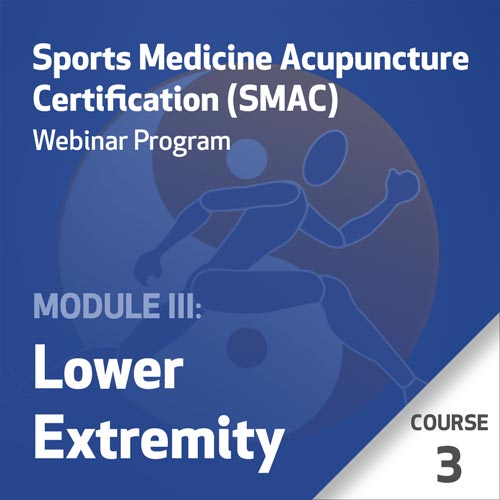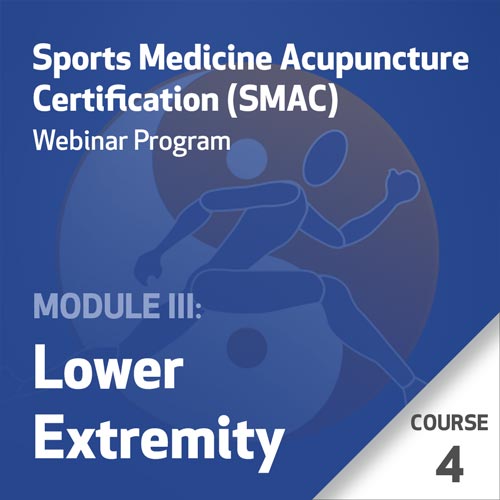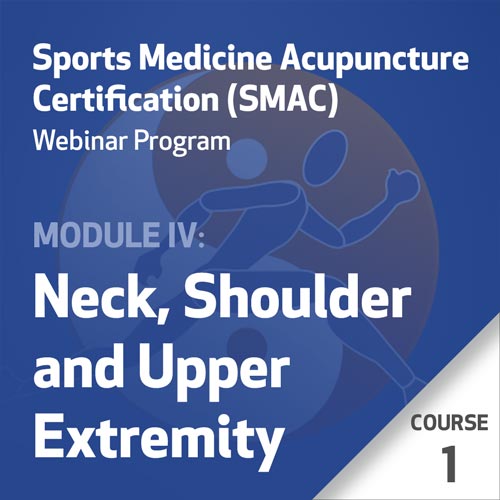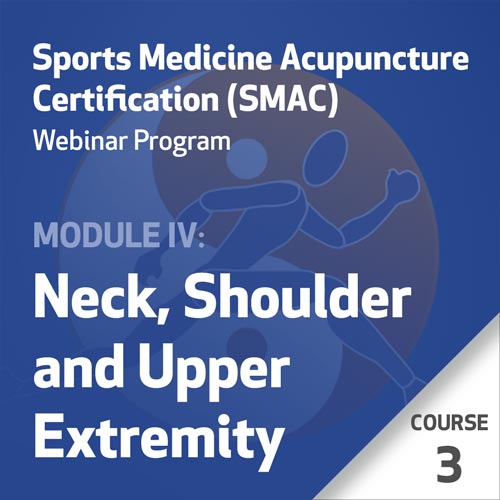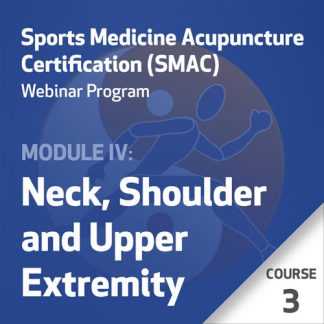Course Overview
Rotational movements involve the jingjin (channel sinews) of the jueyin channels. Engaging these channels mobilizes the pelvis, moves the diaphragm and lower ribcage, and allows full movement of the shoulder girdle. This class explores the biomechanics of rotation, emphasizing a full range of motion throughout the torso. Several rotational qigong patterns are taught, with the goal of improving function and health in the spine, ribcage, and pelvic and shoulder girdle. We highlight the relevant jingjin anatomy and functional movement patterns, and address health applications. These qigong exercises can be practiced for one’s own health but are also excellent for use in a clinical setting for treating patients.
Objectives
-
Identify the specific anatomy and movement pattern associated with the jueyin (liver and pericardium) channel sinews.
-
Understand the mechanics of rotation in the pelvis, lower ribcage, and shoulder girdle.
-
Be able to perform and precribe key rotational qigong patterns to mobilize the pelvis, lower ribcage and shoulder girdle.
Outline
0 hrs - 15 min
Introduction to the anatomy of the liver and pericardium channel sinews (jingjin) and description of functional movement pattern.
15 min - 30 min
Visual presentation, practice, and key points of rotational qigong patterns that mobilize the pelvic girdle, lower ribcage, and shoulder girdle.
30 min - 1 hrs
Visual presentation, practice, and key points of specific qigong exercises with emphasis on correct application and common mistakes.
Reviews
-
Heidi R. (United States of America)
Excellent Introductory course. exceedingly well taught: clear, concise. Immediately applicable.
Reviews
Excellent Introductory course. exceedingly well taught: clear, concise. Immediately applicable.
Heidi R. (United States of America)
Teacher
Brian Lau
Brian Lau, AP, CSMA, is certified in both Sports Medicine Acupuncture and Structural Integration. He has been on faculty since 2013 with the Sports Medicine Acupuncture Certification (SMAC) program, where he teaches anatomy and physiology, assessment and treatment of the channel sinews (jingjin), and myofascial release.
Disclaimers
-
Accessing Your Course
After checking out, your email address will be sent to Net of Knowledge securely and you will gain instant access to your course. If you do not have a Net of Knowledge account yet, one will be created for you automatically and you will receive an email with a link to set up your password. Log in to your account at netofknowledge.com and start learning!
-
Unlimited Access & CEUS
You will have unlimited access to this course for as long as it is on Net of Knowledge, so that you can keep reviewing and learning from it over the years.
CEU requirements must be completed within 1 year from the purchase. During this time, you must view the training and complete any required documents to get your certificate. You must also print and save your certificate for your own records.
-
Cancellation Policy
Please note we do not offer refunds for our recorded online courses/webinars.
-
Note
This recording is available in an online format only; you will not receive a DVD or physical copy of the recording – it is only available to watch as a course to watch on the internet through your online account.

